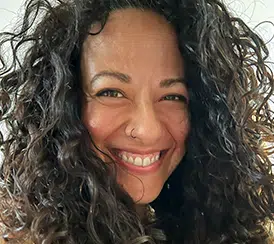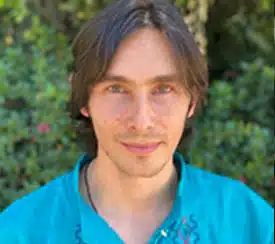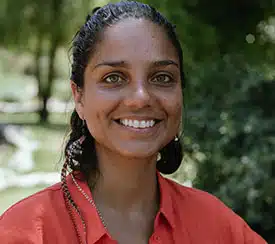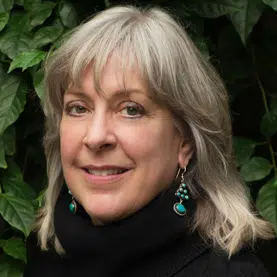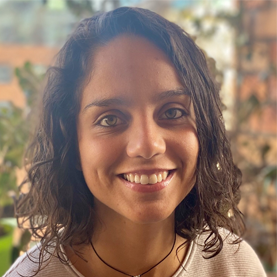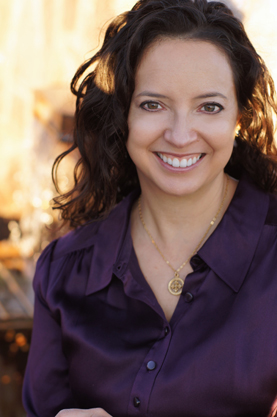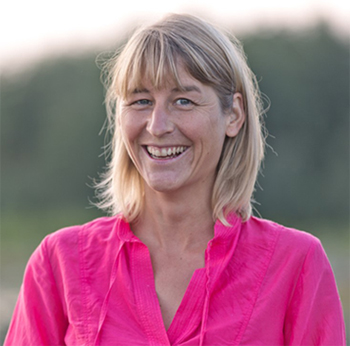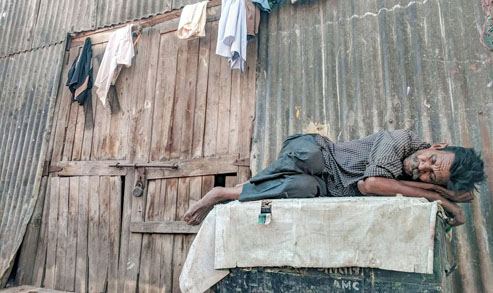
I did what he suggested. I gave a generous donation (which was much more than I could afford at that time) to a Catholic orphanage, and I began to consider the possibility that all the barefoot, runny-nosed kids in the street were parts of me. At first, I was heartbroken and distraught; but with time, something shifted. I no longer felt compelled to help everyone I saw, and by and large, the street kids began to leave me alone. My dream changed: As I looked around me, I saw more than just poverty—I noticed the beauty of the land and people. But for this realization to happen, I first had to contribute to a charity. After all, those boys and girls still lived in a reality where they had little to eat, and I needed to respond to that.
An Earthkeeper realizes that while you have to change everything within, you still have a responsibility to others and to the planet. The way to modify the dream is to own everything that you perceive is amiss with the world: the ugly, the violent, the beautiful, and the powerful. Perceive every hungry child, violent criminal, rich celebrity, polluted river, and tropical island just as if they were a dream and you were seeing every character, setting, and plot twist.
The mythologist Joseph Campbell once said that what we call reality comprises only those myths and stories we haven’t quite seen through yet. Once we do so, we understand that they’re just fairy tales. We come to this realization by seeing through the eyes of hummingbird. This is why I found it so easy to be an anthropologist—I could arrive at a village in the upper reaches of the Amazon and be the only one who saw that the emperor has no clothes (in some of the villages I visited, that was literally the case).
We’re able to see the dream or nightmare that others are trapped in so much more easily than our own. We quickly perceive that our friend is creating his own misery, but we still think that our own grief is the result of some tragedy that befell us. But when we discover that reality is really a dream, we can wake up from the collective nightmare, and what was hidden before becomes ridiculously apparent. We can see, for example, that we can’t meet our spiritual needs by buying a bigger car, that we can’t fix our children by changing them, and that progress is not the cure for poverty. So we sell the big car, change ourselves and watch our children change, and understand how poverty is the result of progress and modernity.
.
